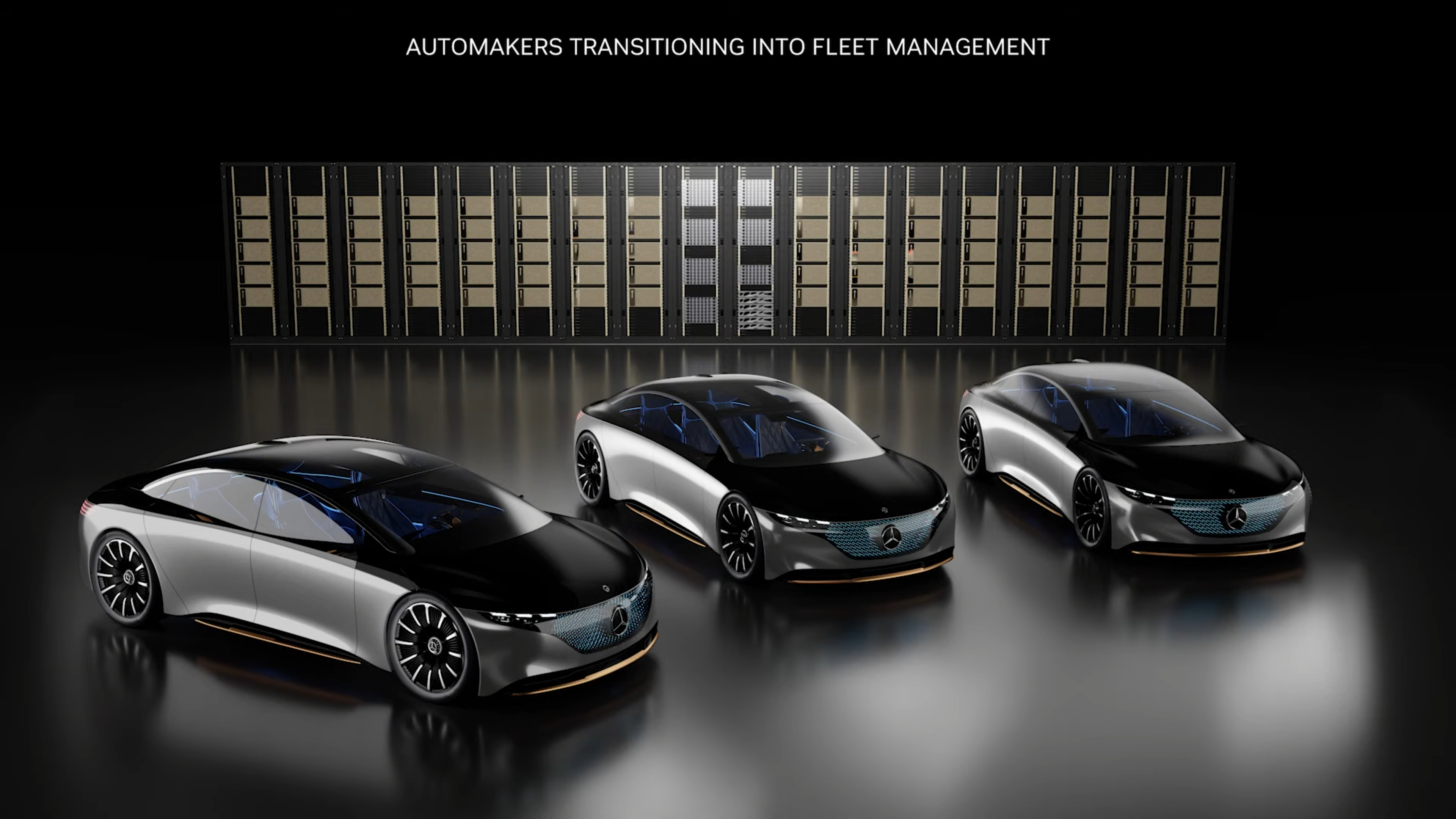
The U.S. government is proposing a ban on Chinese and Russian software and hardware in vehicles that have external communication and autonomous driving features. The move is driven by national security concerns, aiming to prevent potential foreign threats posed by these technologies, reports Nikkei.
The ban targets systems like vehicle connectivity (VCS), which use Wi-Fi and Bluetooth to connect cars to the cloud as well as automated driving systems (ADS) that enable autonomous driving. The proposed rule aims to address these threats before they become widespread in the U.S.
"These are the critical systems that, through specific hardware and software, allow for external connectivity and autonomous driving capabilities in connected vehicles," a statement by the U.S. Commerce Department reads. "Malicious access to these systems could allow adversaries to access and collect our most sensitive data and remotely manipulate cars on American roads."
The restrictions are set to begin affecting vehicles as early as 2027 for software and by 2030 for hardware, while model year vehicles produced before then will be exempt. This timeline allows the industry time to adapt to the changes.
All wheeled vehicles used on public roads, including cars, trucks, and buses, would be subject to the rule, while vehicles used off-road, such as those for agriculture or mining, would be exempt. Nearly all modern Chinese cars could be affected by the ban, although automakers can seek approval if they take steps to mitigate risks. The proposal also includes a public comment period before the rule is finalized. The ban would affect not only foreign-made vehicles but also U.S.-made vehicles that include components from Chinese or Russian manufacturers.
Autonomous driving systems, especially those in vehicles that can operate without human input, are a central concern of the proposed ban. These systems, often found in higher levels of autonomy (Levels 3 to 5), are considered particularly vulnerable to security threats. Most current vehicles, like Tesla's Full Self-Driving system, are still at Level 2, meaning human supervision is required.
China's dominance in the lidar market may also be hit by the ban. Brands like RoboSense, Hesai Technology, and Huawei, which collectively account for over 65% of global lidar sales, could be significantly impacted. The only major non-Chinese player in this market is U.S.-based Seyond.
While the ban is framed as a national security measure, it aligns with broader efforts to strengthen U.S. manufacturing in the auto industry. Lael Brainard, a national economic adviser, emphasized the administration's goal of promoting American-made cars and components, noting that China has long required foreign automakers to comply with its own data security rules.
Despite recent trade talks between the U.S. and China, the Biden administration has increased trade restrictions on Chinese products, according to Nikkei. This includes higher tariffs on electric vehicles, solar cells, and critical minerals, set to take effect soon. The ban on Chinese technology in cars will certainly add to the ongoing trade tension.
China has criticized the proposed restrictions and vowed to defend its interests in response to these actions.







